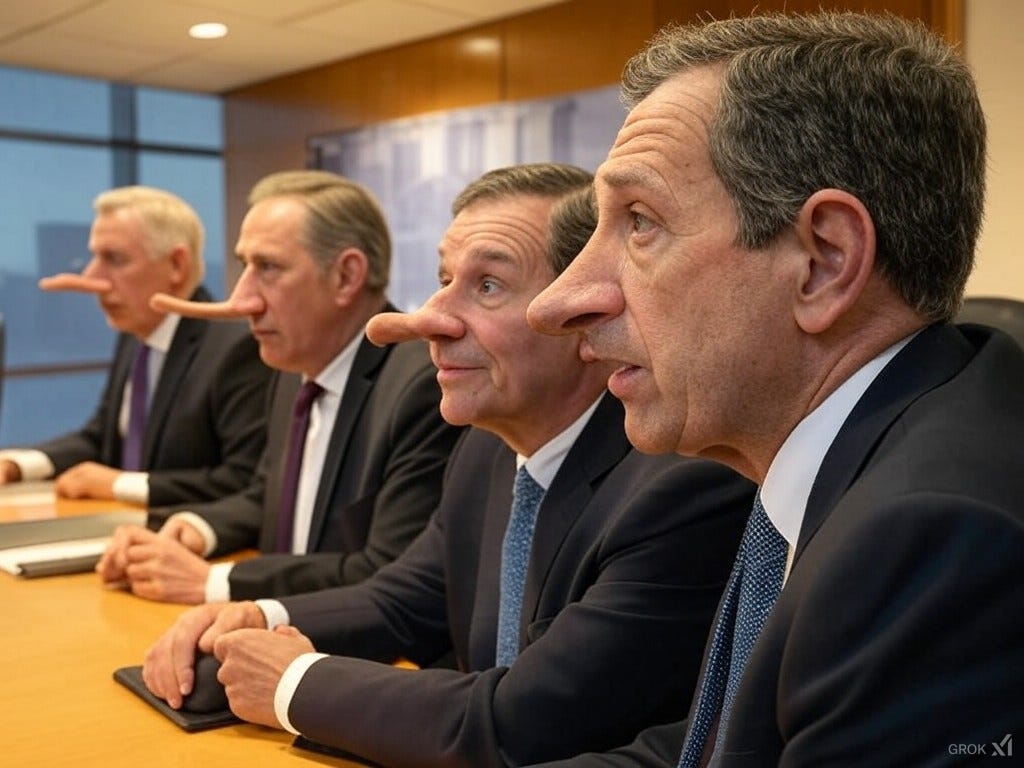The notion that fraud, waste, and abuse do not pervade the federal government is an absurdity so vast that it defies reason. The evidence is overwhelming, spanning multiple agencies and involving tens of billions of dollars annually. And yet, when Elon Musk, now spearheading the Department of Government Efficiency (DOGE), asserts that systematic mismanagement must be rooted out, Democrats respond not with concern, nor with a willingness to investigate, but with outright denial. The strategy is as transparent as it is cynical: they seek to perpetuate the fiction that government is an infallible steward of taxpayer dollars. The facts, however, tell a different story.
Consider the staggering cases of pandemic-related fraud. The Department of Labor’s Inspector General estimates that at least $47 billion in fraudulent unemployment benefits were paid out between 2020 and 2022. Criminals exploited loosened verification requirements, using stolen identities and fabricated businesses to siphon away public funds. The Small Business Administration’s COVID relief programs fared no better: the Office of Inspector General determined that over $200 billion in Economic Injury Disaster Loans and Paycheck Protection Program loans were likely fraudulent. These figures alone render the Democratic position—that fraud is negligible—utterly laughable.
Beyond pandemic-era abuses, the Department of Defense (DoD) has long been a black hole of unaccounted-for expenditures. In one instance, the DoD overpaid $53.6 million on a logistics contract simply due to mismanagement of transport assets. In another, defense contractor TransDigm was found to have gouged the Pentagon for $20.8 million, charging outrageous markups on sole-source contracts. The government not only tolerated these abuses but, in many cases, facilitated them through woeful oversight.
Yet the problem is not exclusive to defense. The Department of Housing and Urban Development (HUD) recently uncovered a $2.3 million fraud scheme in Worcester, Massachusetts, wherein a city official and a private developer colluded to misappropriate federal redevelopment funds. The National Aeronautics and Space Administration (NASA) was defrauded of $84 million in contracts through a false small-business qualification scheme. Medicare’s hospice payment errors totaled $190 million in improper disbursements due to lax billing oversight.
Most recently, the Department of Health and Human Services (HHS) was exposed for spending over $22 billion on grants for migrants, including cash handouts for cars, home loans, and startup businesses. This shocking misuse of taxpayer funds raises profound questions about governmental priorities and oversight. At a time when American citizens struggle with economic uncertainty, such reckless spending illustrates the very definition of abuse and mismanagement.
The examples continue, each further eviscerating the fiction that government operates efficiently.
And here is where the constitutional mandate comes in: the executive branch is not merely permitted but required to safeguard the funds appropriated by Congress. Article II, Section 3 of the Constitution explicitly charges the President with ensuring that laws are faithfully executed. This duty extends to ensuring that federal spending is lawful, efficient, and free from fraudulent waste. The creation of DOGE is therefore not merely justified but obligatory. Musk’s investigative efforts are not a political stunt; they are a constitutional necessity.
The Democratic response to this effort is as telling as it is disingenuous. Rather than supporting an 18-month initiative to expose and eliminate inefficiency, they claim fraud is a fabrication, an exaggeration conjured up by Musk and the Trump administration. But such a position is untenable in the face of overwhelming evidence. When over a quarter-trillion dollars is unaccounted for in just a few recent cases, one does not need ideological conviction to recognize a crisis.
What is particularly alarming is that Democrats, rather than acknowledging these failings, attack those who expose them. Musk has been labeled a liar, his efforts dismissed as a partisan charade. But if they were confident that fraud was nonexistent, they would have no reason to fear an inquiry. Their opposition betrays a deep-seated concern that Musk will succeed—not merely in uncovering waste, but in demonstrating that Democratic policies have enabled it.
The reality is that government waste is not a minor issue; it is an epidemic. Fraud is not an occasional mishap; it is systemic. And accountability is not an optional political exercise; it is a constitutional imperative. Those who resist the investigation of corruption do so not out of principle, but out of fear that the extent of the rot will be laid bare. That fear is well-founded.
If you don't already please follow @amuse on 𝕏 and subscribe to the Deep Dive podcast.





